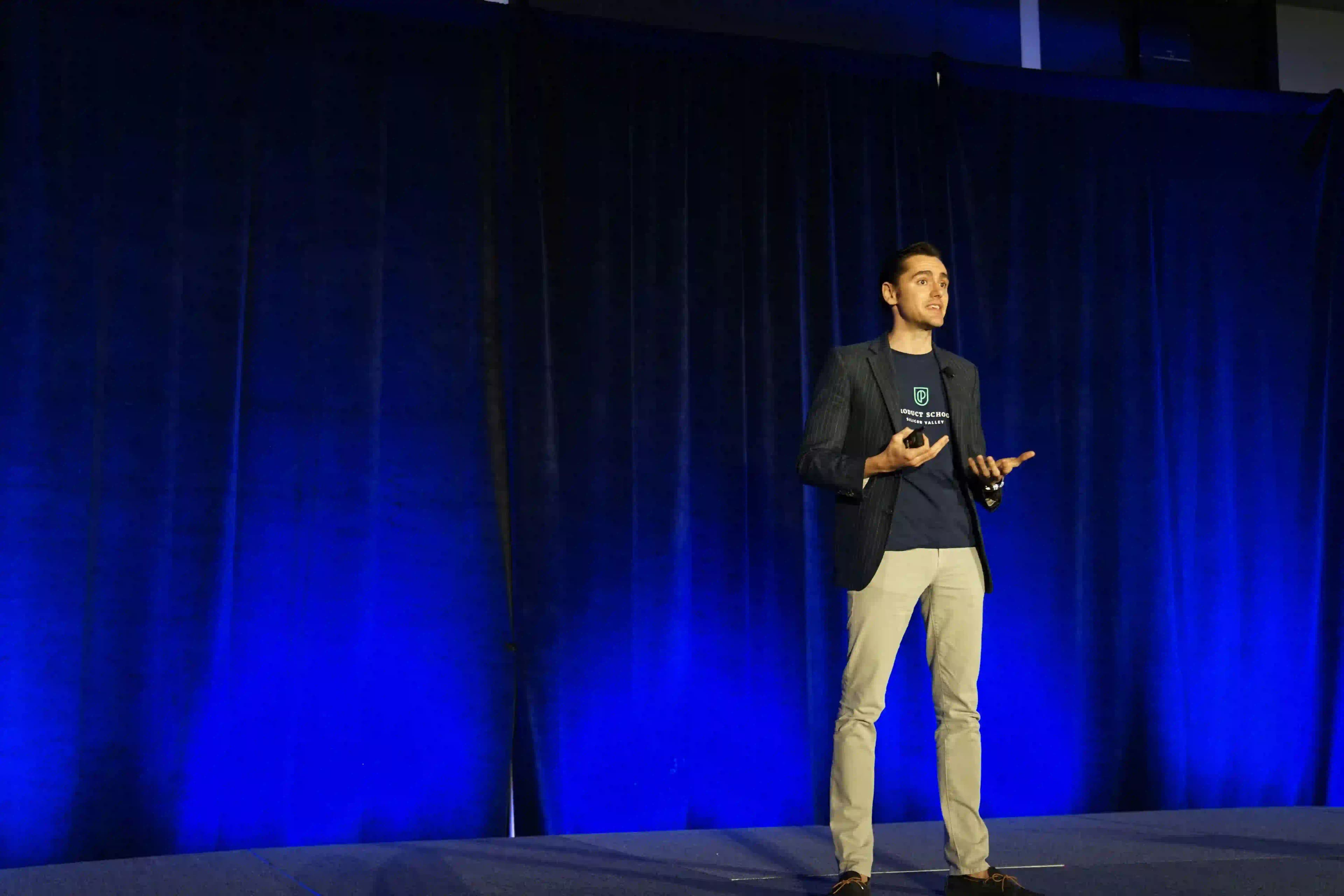
Is the Harvard MBA Losing Its Shine? The Surprising Job Market Reality for Elite Grads
Advertisement
The Changing Landscape of Elite MBA Programs
I've been following business education trends for years, and what's happening with Harvard Business School graduates right now is genuinely surprising. According to recent data, 23% of HBS's Class of 2024 were still unemployed three months after graduation - one of the worst placement rates in the school's history. But here's the thing: this isn't just a Harvard problem.
A Broader Trend Emerges
What I've found particularly interesting is how this trend extends to other top programs. Stanford's at 22% unemployment, Wharton at 20%, and Kellogg at 13.3% (which sounds better until you realize that's triple their previous rate). We're seeing a fundamental shift in how the job market values these prestigious degrees.
The numbers tell a clear story: unemployment rates have been climbing steadily since 2022. What was once considered a golden ticket to career success now comes with significant uncertainty. And while median compensation for employed grads did rise slightly to $221,000, that figure feels increasingly like it's describing a shrinking pool of winnners rather than the typical experience.
Why This Is Happening Now
From what I can tell, several factors are converging to create this perfect storm:
- Tech sector pullback: Traditional MBA employers like Amazon and Google have dramatically reduced hiringHTLM_TAG_27_
- The AI revolution: Companies are realizing AI can perform many tasks previously handled by MBAs
- A skills mismatch: Employers now prioritize technical expertise over general business knowledge
- Changing recruitment: Fewer on-campus evnets and more internal promotions are shrinking opportunities HTMLT_AG_40_
The most telling quote I've seen comes from HBS's own career development head: "Going to Harvard isn't going to be a differentiator anymore." That statement would have been unthinkable a decade ago.
The Shifting Landscape for Elite MBA Graduates
Let's dig into what's really happening with top-tier MBA programs. The numbers tell a sobering story: Harvard Business School's 2024 cllass saw 23% unemployment three months post-graduation, the worst placement rate in recent memory. But here's the kicker, this isn't isolated to Harvard. Stanford (22%), Wharton (20%), and Kellogg (13%) are all experiencing similar challenges.

The Perfect Storm of Challenges
Several factors are converging to create this difficult environment:
| Factor | Impact Example |
|---|---|
| Tech Sector Contraction | Amazon/Google reduced MBA hiring by 40%+ since 2022 |
| AI Disruption | Consulting firms now use AI tools that replace entry-level analysis work |
| Specialization Demand | Data analytics skills now outweigh general management knowledge |
| Remote Recruitment | Fewer on-campus events as companies shift to digital hiring |
The consulting world, traditionally an MBA stronghold, has been particularly hard hit. McKinsey hired just 33 Booth graduates in 2024 compared to 71 the previous year. BCG and Bain have made similar cuts. What's fascinating is that this isn't just about consulting firms hiring less, it's also that their clients need them less thanks to AI solutions.
The Rise of the Specialist (and the Fall of the Generalst)
Kristen Fitzpatrick, HBS's career development head, put it bluntly: "Going to Harvard isn't going to be a differentiator anymore." This marks a fundamental shift from the MBA's golden era when companies wanted well-rounded general managers.
Today's employers increasingly ask: "What specific value can you deliver on day one?" They're looking for:
- Coding proficiency (Python, SQL)
- Advanced data visualization skills
- AI implementation experience
- Sector-specific operational knowledge
The irony? Many traditional MBA programs were designed specifically to avoid specialization, the exact opposite of what the market now demands.
The Unexpected Silver Linings
Amidst these challenges, some positive trends have emerged:
1. Increased Entrepreneurship: About 30% of Harvard's latest graduating class chose to launch ventures rather than seek traditional employment. While some might view this as necessity-driven, it represents an exciting wave of innovation.
2. Internal Promotion Opportunities: Companies are increasingly promoting existing employees rather than bringing in MBAs for mid-career roles. This creates better career paths for non-MBA professionals already within organizations.
3. Curriculum Evolution: Schools are finally adapting, integrating technical training into their programs through:
- AI-powered career matching platforms
- "Micro-credential" courses in high-demand skills
- Tighter corporate partnerships for practical learning

The Visa Wildcard
A rarely discussed factor exacerbating these unemployment figures? The international student dilemma. With stricter visa requirements and sponsorship hurdles, many talented graduates find themselves locked out of opportunities despite their elite degrees. This creates a ripple effect, when international students struggle to find work, it impacts overall placement statistics while also reducing program diversity.
The Shifting Landscape for Elite MBA Graduates
Let's peel back the layers on what's really happening in the world of top-tier business education. The numbers tell a sobering story: 23% of Harvard Business School's 2024 graduates remained unemployed three months after receiving their diplomas. That's not just a bad year, it's part of a worrying multi-year trend that's reshaping how we view these prestigious degrees.

Why Traditional MBA Paths Are Disappearing
The usual suspects, consulting firms and tech giants, aren't hiring like they used to. McKinsey, for instance, hired just 33 Chicago Booth graduates in 2024 compared to 71 the previous year. Similar cuts ripple across Bain and BCG too. Meanwhile, tech companies that once gobbled up MBAs are now questioning whether they need them at all.
Here's where things get interesting though: while overall job offers dropped, median compensation for employed Harvard grads actually rose to $21,000. This suggests employers are being more selective, paying premium salaries only to candidates with truly exceptional skillsets.
The New Must-Have Skills
Kristen Fitzpatrick from HBS career services put it bluntly: "Going to Harvard is not going to be a differentiator, you have to have the skills." And those skills look very different today than they did even five years ago:
- Technical proficiency: Data analytics, basic coding, and AI literacy are becoming baseline requirements
- Specialization: General management knowledge isn't cutting it anymore, deep expertise does
- Adaptability: The ability to continuously learn as technologies evolve at breakneck speed
The irony? Many of these skills traditionally fell outside standard MBA curricula focused on broad business principles rather than technical execution.
The Rise of the Entrepreneurial MBA
A surprising silver lining emerges from the data: 30% of Harvard's 2024 class skipped traditional employment entirely, choosing instead to launch their own ventures. While some undoubtedly pursued entrepreneurship by choice, others likely saw it as the most viable path in a tough job market.
This entrepreneurial wave reflects both necessity and changing aspirations. Many graduates now view startups as equally prestigious (and potentially more lucrative) than traditional corporate paths. Some are even pooling resources into "search funds", investment vehicles allowing groups of MBAs to acquire and operate small businesses together.
How Business Schools Are Responding
Elite programs aren't sitting idle as their value proposition shifts beneath them. Harvard now offers:
- AI-powered career matching: Pairing alumni with opportunities based on evolving skill profiles
- Technical coursework: Adding data science and programming electives to traditionally soft-skill-focused programs
- "Future-proof" training: Doubling down on uniquely human skills like creative problem-solving that AI can't easily replicate
The challenge for these insitutions is delicate, how to modernize without diluting the prestige that makes their degrees valuable in the first place. It's a balancing act that will define business education through this decade and beyond.
The Shifting Landscape for Elite MBA Graduates
Let's peel back the layers on what's really happening in the job market for graduates from top-tier business schools. The numbers tell a sobering story: 23% of Harvard's MBA class of 2024 remained unemployed three months after graduation, with similar trends appearing at Stanford (22%), Wharton (20%), and Kellogg (13%). These figures represent some of the worst placement rates these institutions have seen in recent memory.

The Perfect Storm of Challenges
Several interconnected factors are reshaping the MBA landscape:
Industry contractions hit traditional MBA feeders: Tech giants like Google and Amazon have dramatically scaled back hiring, while consulting firms like McKinsey reduced their MBA intake by more than 50% year-over-year at some schools. These companies are reevaluating their talent needs in an era where AI can perform many analytical tasks that once required human MBAs.
The specialization revolution: Employers increasingly favor candidates with technical expertise over general business knowledge. Skills in data analytics, coding, and AI implementation now carry more weight than a prestigious degree alone. As one career development director put it: "The Harvard name isn't enough anymore, you need concrete, applicable skills."
Recruitment practices transformed: The pandemic accelerated a shift toward virtual hiring processes, reducing the advantage elite schools once held through exclusive on-campus recruiting. Many firms now cast wider nets through digital platforms rather than focusing on traditional MBA pipelines.
The Silver Linings and Alternative Paths
Interestingly, about 30% of Harvard's recent graduates chose entrepreneurship over traditional employment. While some undoubtedly pursued startups by choice, others likely saw it as their best option in a tight job market. This entrepreneurial wave includes everything from tech ventures to search funds, a model where graduates raise capital to acquire small businesses.
International students face particular hurdles with visa sponsorship requirements creating additional barriers. This disproportionately impacts business schools that have come to rely heavily on international enrollment for both diversity and revenue.
How Business Schools Are Adapting
Institutions aren't standing still amid these changes:
- AI-powered career tools: Harvard is piloting systems that match alumni with opportunities while recommending skill-building courses, recognizing that continuous learning is now essential.
- Curriculum shifts: Programs are adding more technical coursework while maintaining leadership training, attempting to create "hybrid" graduates who combine business acumen with hard skills.
- Soft skills renaissance: Some schools are doubling down on communication and networking training, areas where humans still outperform AI and which may become key differentiators.
The most successful graduates appear to be those who treat their MBA not as an end goal, but as one tool in an evolving professinoal toolkit. They're pairing their degrees with technical certifications, building personal brands online, and cultivating networks before graduation day arrives.
Final Thoughts: The Shifting Value of an Elite MBA
The struggles facing Harvard Business School and other top-tier MBA programs signal a broader transformation in how the job market values advanced business degrees. While these programs once guaranteed high-paying roles in consulting, finance, or tech, today’s graduates face a more uncertain reality, 23% unemployment rates, shifting employer demands, and the disruptive force of AI.
Key Takeaways for Aspiring Business Leaders
1. Specialization is the new differentiator. Generalist MBA skills are no longer enough. Employers now prioritize candidates with technical expertise, data analytics, AI fluency, or industry-specific knowledge, over traditional business acumen alone.
2. Prestige ≠ Immunity. Even Harvard’s brand can’t shield graduates from macroeconomic forces. The rise of remote hiring, internal promotions, and cost-cutting via automation means networking and adaptability matter more than school pedigree.
3. Entrepreneurship isn’t always by choice. While some graduates pursue startups out of pasison, others may be opting out of a tightening job market, a trend that could reshape how future MBAs approach career risk.
The Path Forward
The lesson here isn’t that MBAs are obsolete, it’s that their value must be actively earned, not assumed. For students, this means treating business school as a launchpad for skill-building rather than a golden ticket. For institutions, it demands curriculums that blend hard technical training with the irreplaceable human skills of leadership and cretive problem-solving.
In an era where AI can replicate spreadsheets but not vision, the most successful graduates will be those who merge analytical rigor with strategic ingenuity. The MBA isn’t dead, but its era of automatic prestige is over.
Advertisement
You may also like
Advertisement









